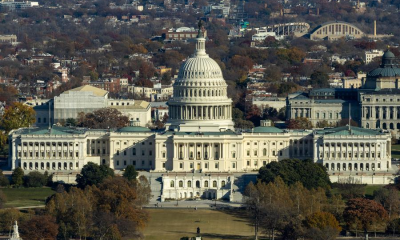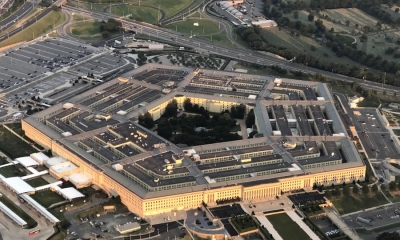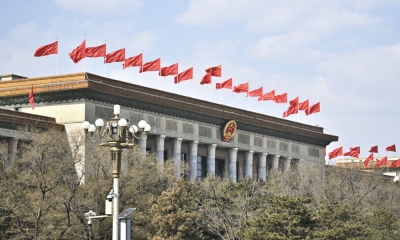Can the Asia-Pacific Tolerate a More Aggressive Japan?
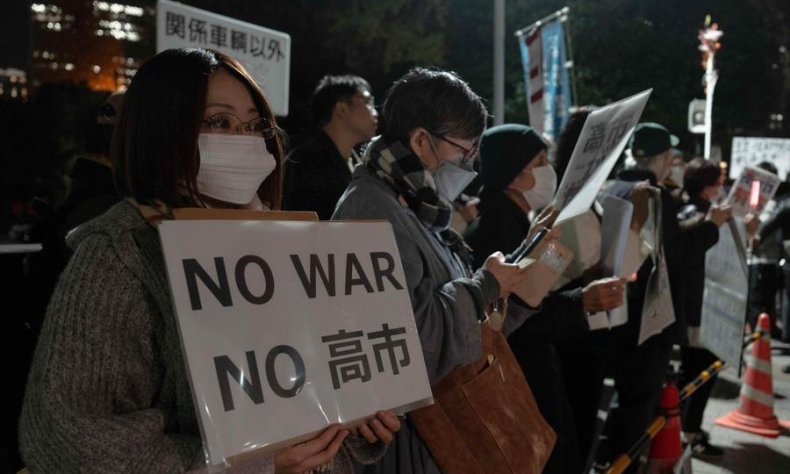
Trade and development have by and large provided Japan with a certain degree of prosperity. It would indeed be foolish to sacrifice that prosperity for a policy that will only create tensions in the region, and even military conflict.
December 1 will be the anniversary of the Cairo Declaration, which was issued in 1943 after the meeting of U.S. President Franklin Roosevelt, British Prime Minister Winston Churchill and Chiang Kai-shek of the Chinese Kuomintang (KMT). The Declaration was a clear commitment on the part of the Allies that the territories seized by the Japanese in their aggression against China shall be returned to their motherland China at the conclusion of the war. After the death of Roosevelt, this was again reaffirmed by President Truman in the Potsdam Agreements between the allied parties. When the People’s Republic of China in 1971 took the seat in the United Nations, as a result of the overwhelming support among most of the nations of the world, it was clearly stated that there was only one China and that, Taiwan was a part of China.
This has remained the case even with all the changes that have occurred over the last few decades. It was accepted by the United States as a prerequisite for reestablishing diplomatic ties with China in 1979. But with the turmoil of the last few years and the rise of a more aggressive policy in some of the Western nations, the stability achieved after World War II is again being disrupted by many of the same tendencies against which most of the world fought during that global conflict.
Then on November 7, 2025, in reply to a reporter’s question, Sanae Takaishi, the new Japanese Prime Minister, said that if China intervened in Taiwan, Japan would view this as a “survival-threatening” event and would mobilize its Defense Forces. During the entirety of the post-war period, a prerequisite for bringing Japan back into the community of civilized nations was the commitment by the Japanese Government that the Japanese Defense Forces would serve only to defend Japan, and not for aggression abroad. Right-wing Japanese politicians have been working hard to change that status, with the Prime Minister’s statement being the most dramatic indication of this shift in policy. They have no doubt sent tremors through many of the countries of the Asia Pacific which had previously felt the heavy hand of Japanese aggression.
The strong reaction in China came immediately. Chinese Foreign Ministry issued a statement firmly upholding Taiwan as a part of China’s sovereign territory and the unification of Taiwan is China’s internal affairs. China is discouraging its citizens from traveling to Japan, which has benefited immensely from Chinese tourists. It is also putting the brakes on Japanese seafood export, an important element in the overall Japanese economy. China has sent its warships to the seas surrounding the Diaoyu Islands, still a bone of jurisdictional contention between the two countries. A recent meeting between representatives from the two countries’ foreign ministries led to a demonstrative “no handshakes” exit from the discussion, characterizing the failure to reach any agreement. China’s permanent representative to the UN, Fu Cong, also wrote a letter to UN Secretary-General Antonio Guterres protesting Takaishi’s statements. The letter will be officially circulated as an official document of the General Assembly to all UN member states.
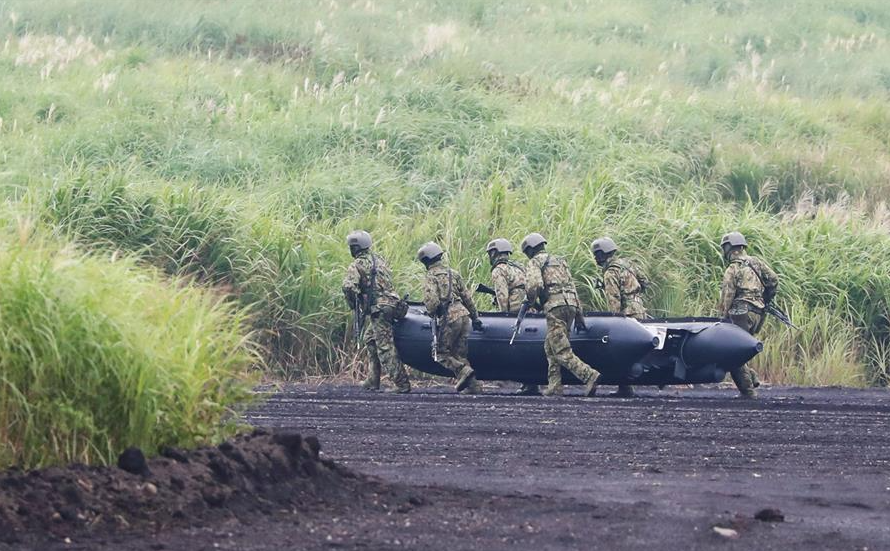
Takaichi’s comments have also created a strong reaction within Japan itself, with many former officials, including several former prime ministers, warning that Takaichi’s comments represent a serious step backward from the traditional post-war Japanese policy, which has helped preserve peace and promoted stability in the Asia-Pacific region. The measure has already had serious repercussions for the Japanese economy.
The new Japanese government is also at loggerheads with its other big neighbor, Russia, and the statements by Takaishi on Taiwan have also sent signals that the new administration will be more assertive in pushing its own agenda without consideration for what “neighbors” might think. Russian Foreign Ministry spokesperson Maria Zakharova, in reply to a question by Xinhua News Agency, condemned Takaishi’s comments. “Eighty years have passed, and Japan still refuses to recognize the results of World War II, as enshrined in international law,” she said. It should be noted that the positions of China and Russia on maintaining the stability of the post-war system set them apart from many countries of the West and Japan, which are now trying to upset that system.
The China-Japan tensions have also thrown a monkey wrench in South Korea’s attempt to bring about a greater rapport between China, Japan, and South Korea. South Korea also voiced strong opposition to the Japanese Prime Minister’s stance, given the lingering bitterness over the Japanese occupation during World War II.
It is not clear whether Takaichi’s position has garnered any support from the United States. With the attempt now by the Trump Administration to achieve some modus vivendi with China, it is probably unlikely that the U.S. would be in favor of Japan’s stance. China hawks, however, who had been taken aback by Trump’s recent agreement with Chinese President Xi Jinping over trade, will no doubt feel encouraged that such a U.S.-China rapprochement will not be long-lasting, and that the stance of the Japanese Prime Minister may help throw a monkey wrench into that rapprochement.
There have also been major demonstrations in Japan calling for Takaishi’s resignation. It is still not clear if the popular opposition will have an effect on that matter. Takaishi has support among Japan’s right-wing forces. She herself has visited the Yasukuni shrine which honors Japanese war criminals. Yet trade and development have been the lifeline for Japan during the postwar period, and have by and large provided it with a certain degree of prosperity. It would indeed be foolish to sacrifice that prosperity for a policy that will only create tensions in the region, and even military conflict.
The article reflects the author’s opinions, and not necessarily the views of China Focus.
 Facebook
Facebook
 Twitter
Twitter
 Linkedin
Linkedin
 Google +
Google +




